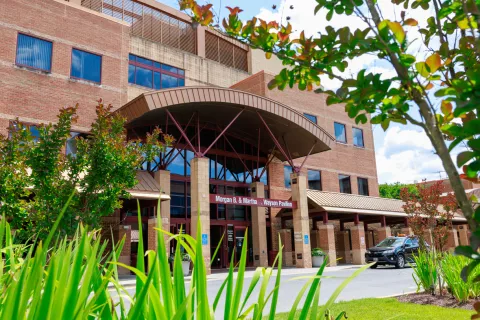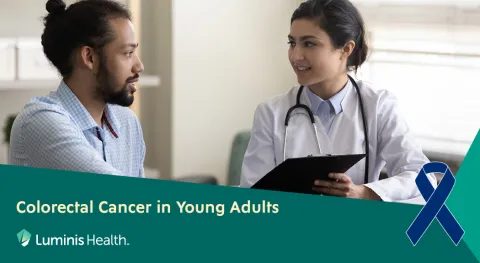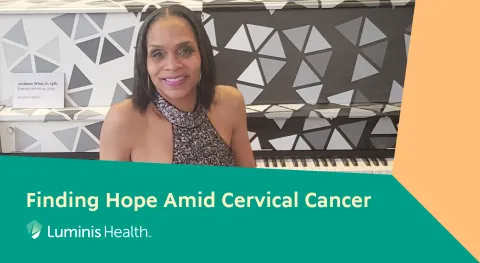We provide expert, compassionate care for cancers of the digestive system, including colon, liver, pancreatic and other gastrointestinal cancers. We're here to guide and support you in the months ahead following your cancer diagnosis.
What Are Colon, Liver and Other Digestive Cancers?
Digestive cancers are the result of abnormal growth of cells that have the ability to spread to other parts of the body. At Luminis Health, the digestive system cancers we treat include:
- Anal and rectal cancers.
- Bile duct cancers, including gallbladder cancer.
- Colon cancer.
- Esophageal cancer.
- Liver cancer.
- Pancreatic cancer.
- Small intestine cancer.
- Stomach or gastric cancer.









